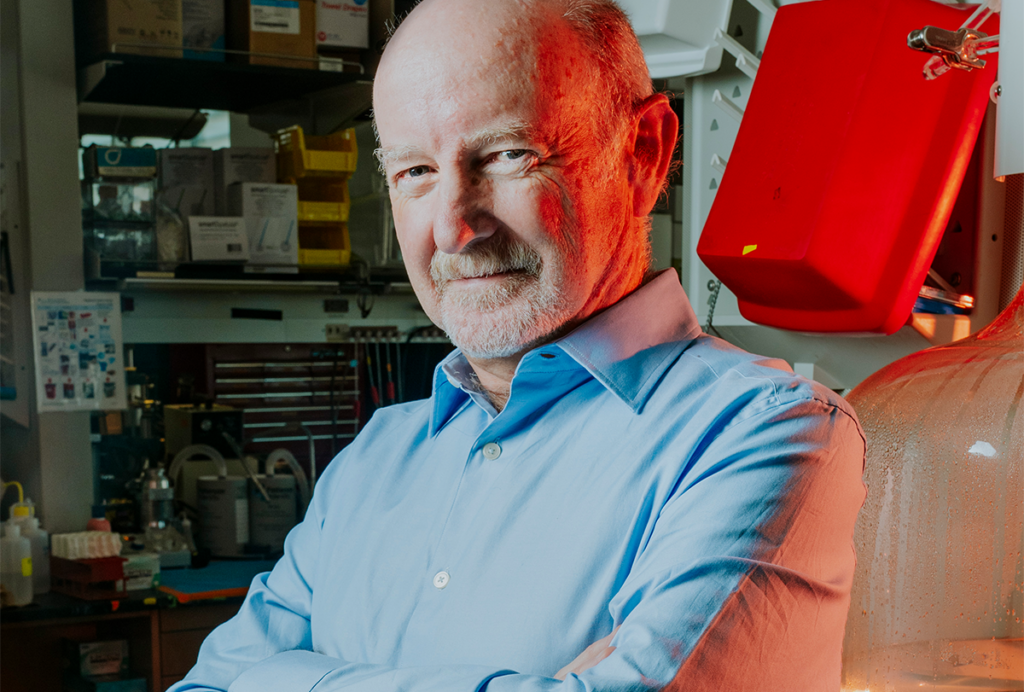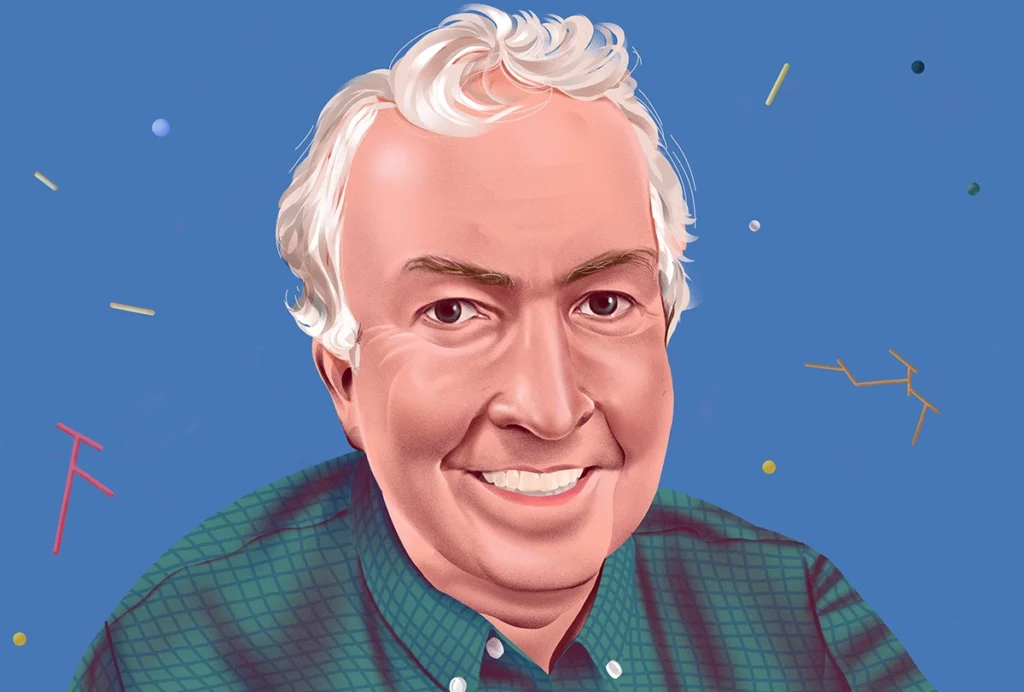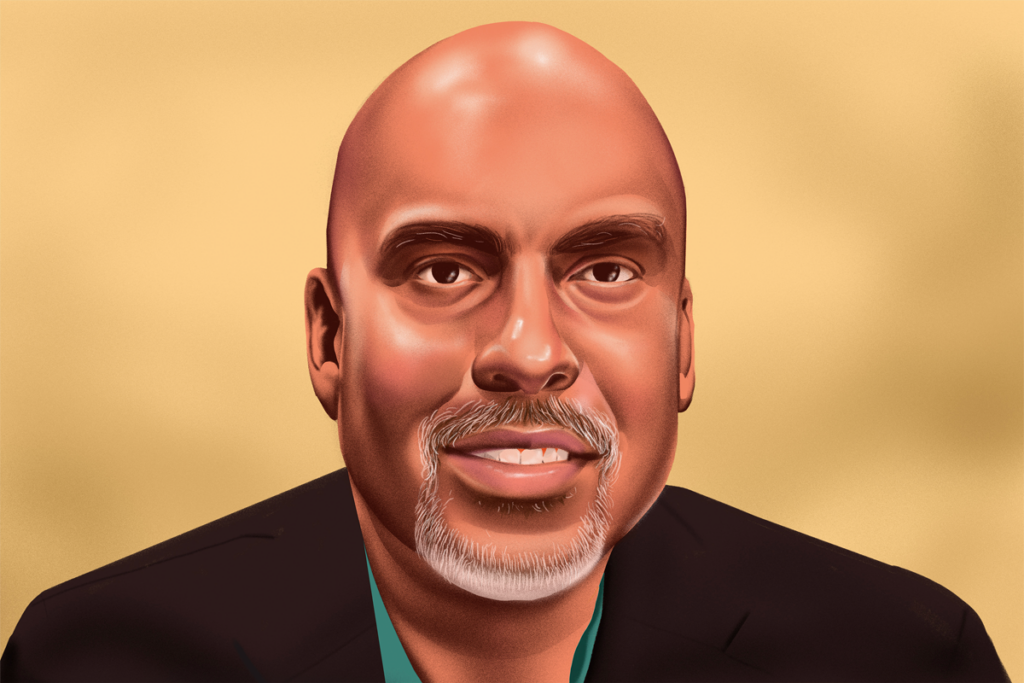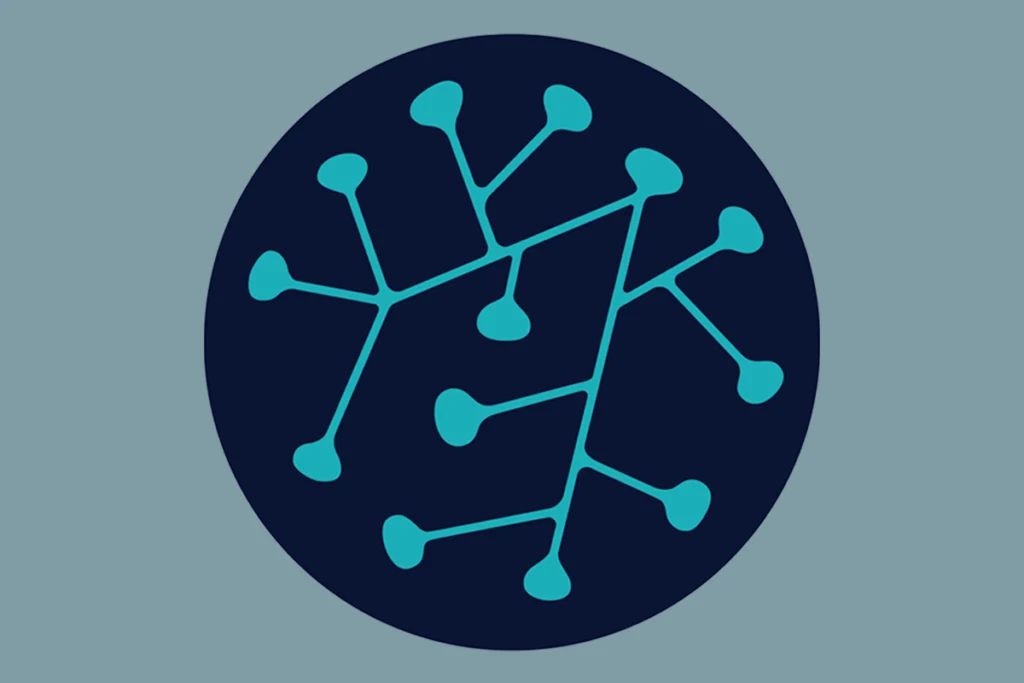Brady Huggett is features editor at The Transmitter, where he writes and edits features and long-form projects. He is also the creator and host of the “Synaptic” podcast. Before joining The Transmitter in 2022, he served as business editor at Nature Biotechnology, and prior to that was the managing editor of BioWorld.

Brady Huggett
Features editor
The Transmitter
From this contributor

Releasing the Hydra with Rafael Yuste

Timothy Ryan on his pivotal switch from studying particle physics to decoding synaptic transmission

Biosensors and being fearless with Lin Tian
Education
- M.A. in creative writing, The New School
- M.A. in journalism, University of North Carolina at Chapel Hill
- B.S. in biology from Wake Forest University in Winston-Salem, North Carolina
Explore more from The Transmitter
Mitochondrial ‘landscape’ shifts across human brain
Evolutionarily newer regions sport mitochondria with a higher capacity for energy production than older regions, according to the first detailed map of the organelles in a tissue slice, adding to mounting evidence that the brain features a metabolic gradient.

Mitochondrial ‘landscape’ shifts across human brain
Evolutionarily newer regions sport mitochondria with a higher capacity for energy production than older regions, according to the first detailed map of the organelles in a tissue slice, adding to mounting evidence that the brain features a metabolic gradient.
Expediting clinical trials for profound autism: Q&A with Matthew State
Aligning Research to Impact Autism, a new initiative funded by the Sergey Brin Family Foundation, wants to bring basic science discoveries to the clinic faster.

Expediting clinical trials for profound autism: Q&A with Matthew State
Aligning Research to Impact Autism, a new initiative funded by the Sergey Brin Family Foundation, wants to bring basic science discoveries to the clinic faster.
This paper changed my life: Shane Liddelow on two papers that upended astrocyte research
A game-changing cell culture method developed in Ben Barres’ lab completely transformed the way we study astrocytes and helped me build a career studying their reactive substates.

This paper changed my life: Shane Liddelow on two papers that upended astrocyte research
A game-changing cell culture method developed in Ben Barres’ lab completely transformed the way we study astrocytes and helped me build a career studying their reactive substates.

